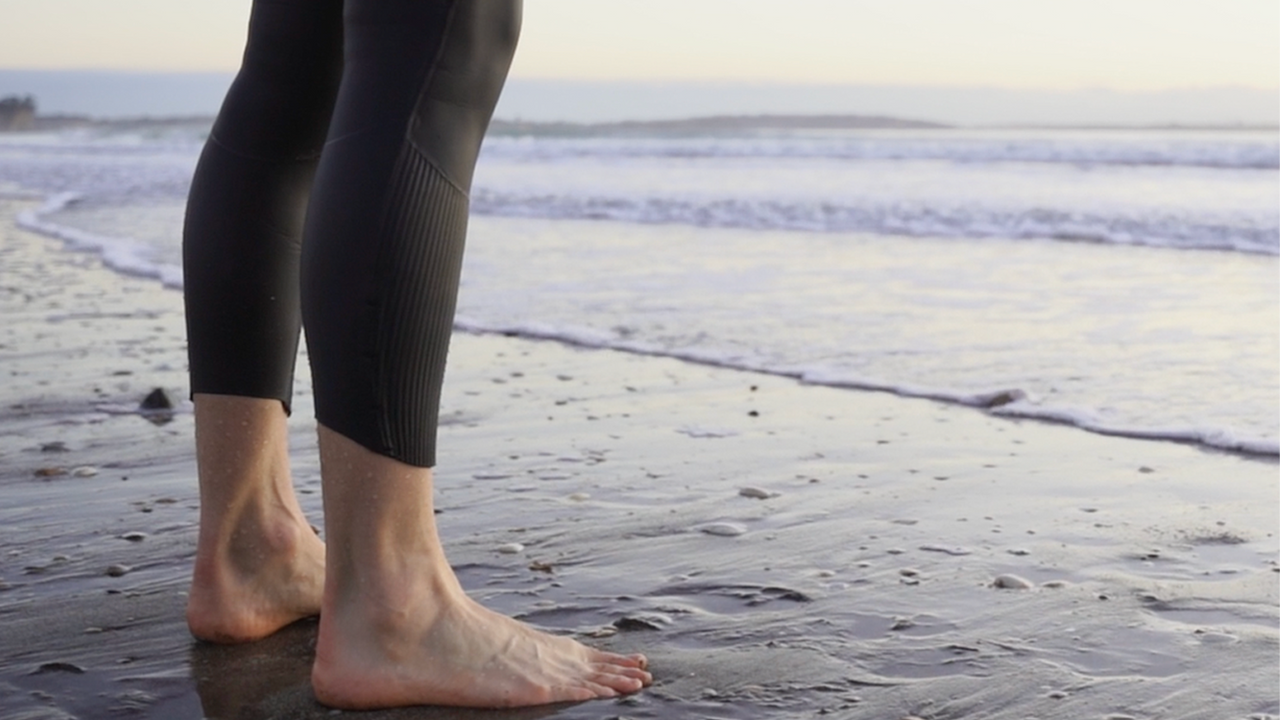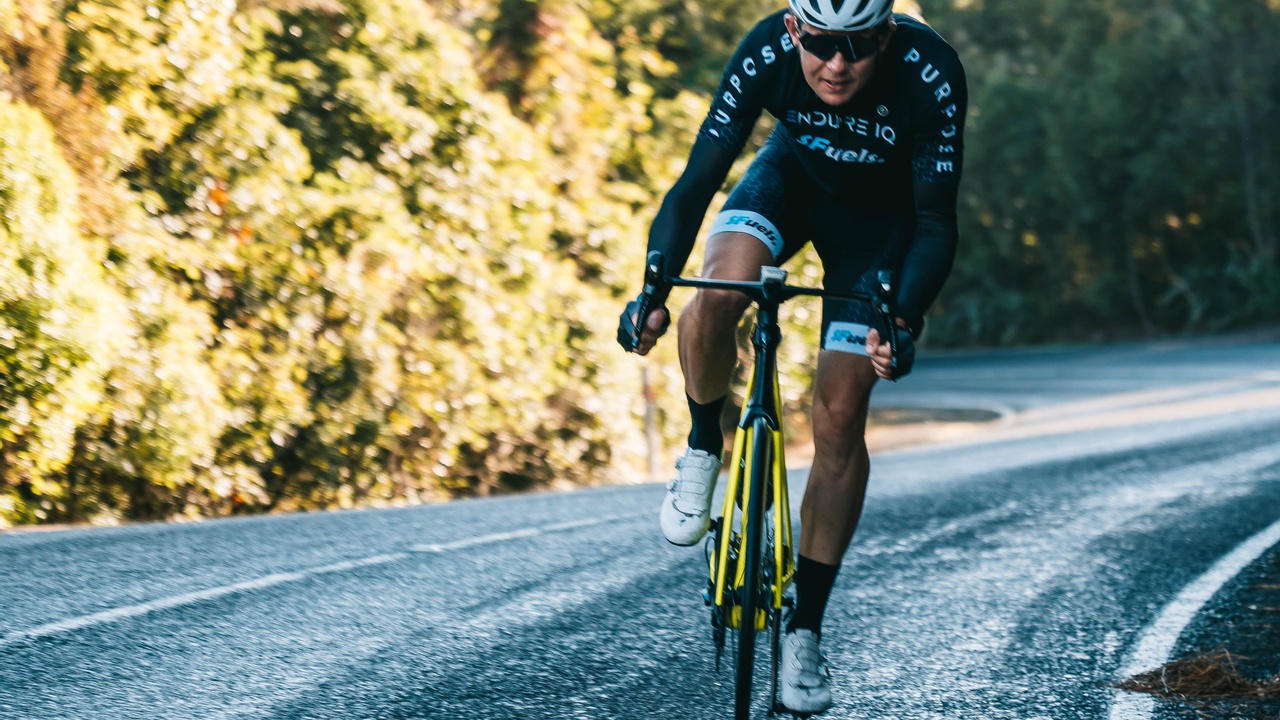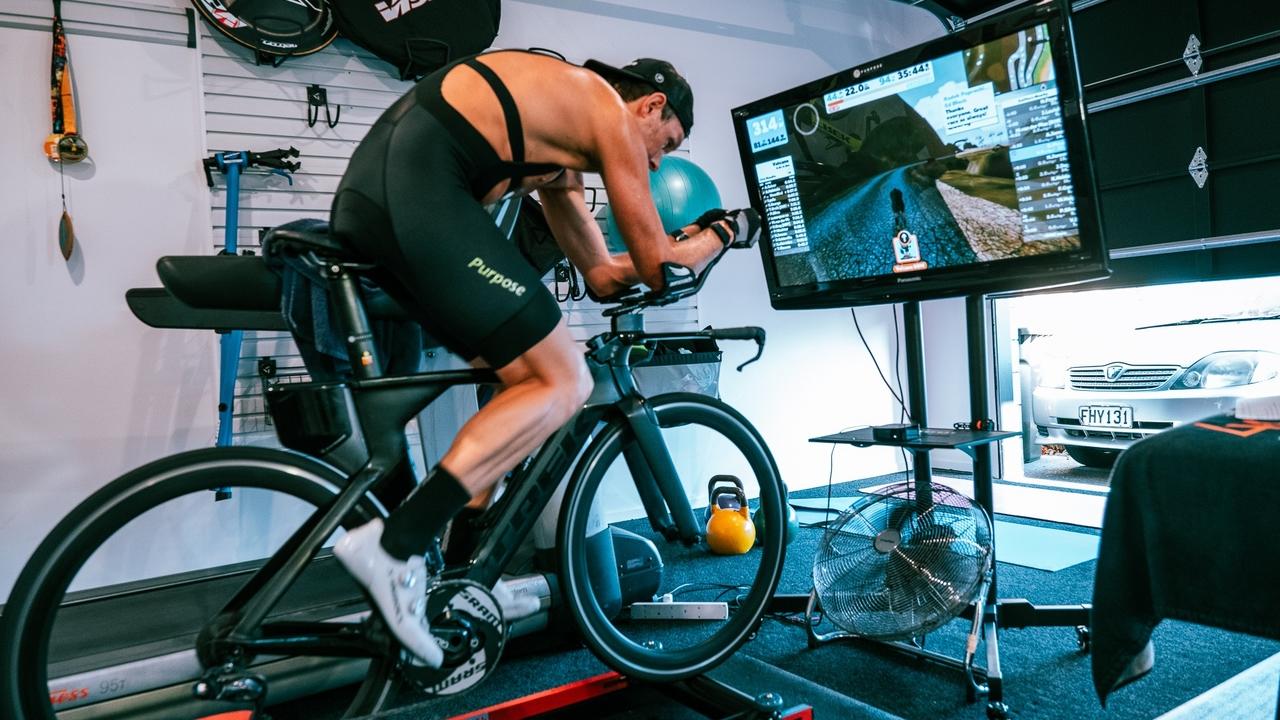Optimizing Recovery for Endurance Athletes

Effective endurance training is all about stress management, and the balance between stress and recovery. Individual training sessions generate physiological stress – elevations in temperature, heart rate, and stress hormones, changes in pH, depletion of fuel stores, and so on. The stress of individual training sessions is what triggers the adaptive response we look for with training, and this occurs during recovery (1). However, too much physiological stress with inadequate recovery will eventually lead to fatigue, overreaching, and maladaptation, as anyone who has dug themselves a hole with a hard training block can testify.
Therefore, when planning a training programme, and then regulating and monitoring that training programme, we are managing the balance between stress and recovery. We want to ensure there is enough stress to stimulate adaptation, but not so much that we become fatigued, overreached, and burned out. We want to make sure our recovery processes are geared up to ens...
Grounding Science: The Answer to Life and Recovery in Athletes?

By Dr Dan Plews
The act of grounding has undoubtedly become popular recently, at least in the circles I move in. But what is it? Grounding, also called earthing, involves doing activities that “ground” or electrically reconnect you to the Earth. This depends on earthing science and grounding physics to explain how electrical charges from the Earth can positively affect your body.
The Earth’s surface has free electrons (and speculatively); contact with the Earth’s surface may allow electron migration into the body. The electrons can act as antioxidants and neutralise reactive oxygen species (ROS). As I have discussed in the past, ROS accumulates in muscle during high-intensity exercise. ROS appears to have a fatiguing effect on muscle, possibly through effects on calcium handling processes that are critical in muscle contraction (3). Antioxidants help ‘mop up ROS in muscle; so, if we have more antioxidants, we are more able to manage the ROS that accumulates during high-intensity exe...
Intensified Endurance Training and Effects on Mitochondrial Function

As we have discussed at length in the past, some of the fundamental physiological adaptations sought by endurance athletes through training occur in the mitochondria. A textbook will tell you that the mitochondria are the ‘aerobic powerhouses’ of cells; the sites of aerobic metabolism, and therefore metabolically where an endurance athlete makes their money. It has long been known that significant mitochondrial remodelling occurs in response to exercise (4), with increased size, number, and functionality of mitochondria observed following endurance training (5). This mitochondrial remodelling, and subsequent useful increase in the mitochondrial respiratory capacity, typically occurs as a result of mitochondrial biogenesis – the building of nice new mitochondria – and mitophagy – the break-down of damaged existing mitochondria.
A couple of recent studies have reported quite startling findings; namely, that short periods of very intense training actually degraded certain measures of mit...
Antioxidants and endurance performance: A supplement worth trying?

In endurance sport, there are a huge number of supplements that are purported to enhance performance, recovery, and adaptation, with very few of these actually living up to the hype. As scientists, we tend to be very sceptical of supplements and their claims, and prefer to wait for a body of literature to emerge supporting the use of a particular supplement. However, as practitioners and athletes, we also know that waiting for the scientific literature to catch-up sometimes risks leaving you missing out on a performance aid that your competitors may have taken advantage of. In this blog, we are going to talk about antioxidant supplementation, which might be one of the most discussed supplementation regimens in endurance sport.
So, what are antioxidants? To understand antioxidants, you first have to understand reactive oxygen species or ROS. ROS accumulates in muscle during high-intensity exercise, and ROS appears to have a fatiguing effect on muscle, possibly through effects on proces...
Recovery from a Zwift race: A physiological perspective

Dr Dan Plews & Ed Maunder
We, as endurance athletes in the world of the COVID-19, indoor-training dominated world, are perhaps more than ever having to make day-to-day decisions on how and when we should train, and how and when we should race. Many of us have had our A and B races canceled this year, or have had to shift our training environment indoors, and, almost inevitably, onto Zwift. Zwift is an awesome tool for keeping us motivated and occupied from within the confines of our indoor pain caves, and Zwift racing is an exciting means of keeping those competitive juices flowing while the finish line in Kona seems further and further away.
Imagine an athlete setting up on their trainer for an after-work spin on a Friday. They have a swim and some intervals planned on the bike for Saturday, followed by a long endurance ride on Sunday and an 8-km run-off-the-bike. They see that there’s a Zwift race starting in 20 min they fancy having a crack at. Should they do it? How do they make...
